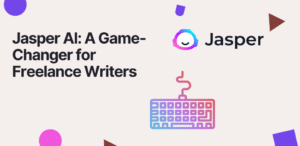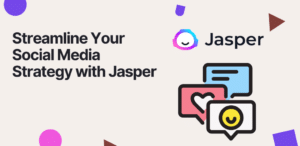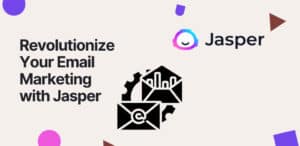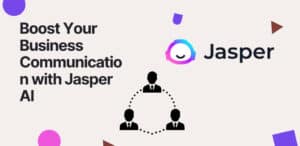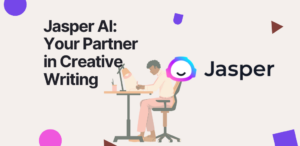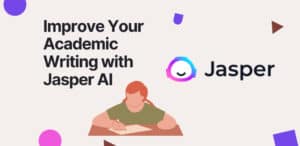Want to learn Objective-C but don’t know how? Learn Objective-C quickly and easily with the power of AI and modern tools like Jasper, ChatGPT, or copy.ai.
Objective-C is a powerful and versatile programming language that has been used for a wide variety of applications, including app development for iOS and macOS, web development, and more.
In this list of prompts, you will find many prompts organized into different categories, each designed to help you learn and master a different aspect of Objective-C programming.
You can copy and paste the prompt into your favorite AI text generation tool.
Table of Contents
Getting Started with Objective-C
Objective-C is a programming language that was once widely used for developing iOS and macOS applications. Here are some prompts to help you get started with learning Objective-C:
Core Concepts of Objective-C
In order to be successful with Objective-C, you need to understand some of the core concepts of the language. Here are some prompts to help you with that:
Memory Management in Objective-C
One of the most important aspects of Objective-C programming is managing memory effectively. Here are some prompts to help you with that:
Debugging and Troubleshooting in Objective-C
Debugging and troubleshooting are important skills for any programmer, and Objective-C is no exception. Here are some prompts to help you with that:
Advanced Topics in Objective-C
Once you have mastered the basics of Objective-C, there are many advanced topics you can explore to take your skills to the next level. Here are some prompts to get you started:
Objective-C and App Development
Objective-C is a language that is closely tied to app development, particularly for iOS and macOS. Here are some prompts to help you learn how to use Objective-C effectively for app development:
Objective-C and Web Development
While Objective-C is primarily associated with app development, it can also be used for web development. Here are some prompts to help you learn how to use Objective-C for web development:
How useful was this post?
Click on a star to rate it!
Average rating 4.8 / 5. Vote count: 6
No votes so far! Be the first to rate this post.


